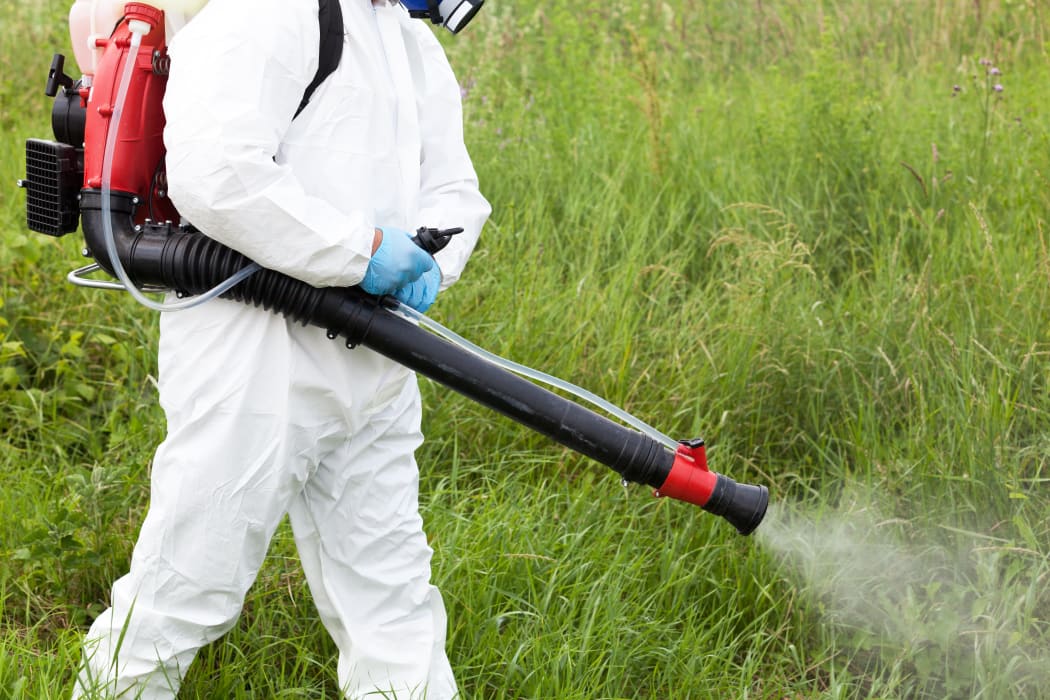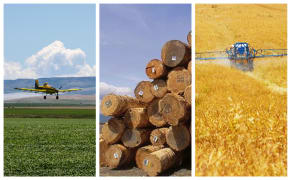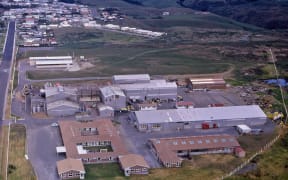The Environmental Protection Authority says it is working hard to fill big gaps in the regulation of chemicals but needs more funding.

The country is flying blind on environmental harm from tens of thousands of chemicals, a new report says. Photo: 123RF
A new report from the Parliamentary Commissioner for the Environment has found the country is largely ignorant about how much is used and where, even of some seriously risky chemicals and others that build up to toxic levels over time.
One of its key recommendations is the EPA expand its powers to require much more data from chemical importers, manufacturers and sellers.
EPA chief executive Dr Allan Freeth said it would bring in new rules later this year to switch from collecting data voluntarily on just a few chemicals, to demanding more of it about many more substances.
"It'll be 100 times more probably. I was going to use something like, [from getting] 10 books in a bookshop, you know, to getting the whole bookshop sort of thing," Freeth told RNZ.
"So yeah, we would expect we'd be getting a lot more information.
"We want a much wider capture system to actually understand the volumes and amounts of the chemicals or hazardous substances that are coming into the country, and where they're going to."
He acknowledged the whole system was fragmented across four regulators (EPA, Ministry for Primary Industries, Medsafe and WorkSafe) and had a long way to go to be good enough, but they lacked funding to get there.
"We need funding for reassessing our priority chemical list - we've got some extra funding for that, but it's nowhere near enough."
The EPA needed further funding to import the latest chemical modelling and adapt it.
"Ministers are very supportive of that. But it's always a very tight budget round."
It was not fair to interpret from the commissioner's report that EPA was not up to it, Freeth said.
As well as the new data collection rules:
- EPA had modernised the management of hazardous substance regulation
- Boosted the compliance team from one or two to 10
- Got approval to draw more on other countries' research and methods
- Planned mass groundwater testing to gauge the country's overall chemical loading
The commissioner drew a bead on the massive lack of monitoring especially across long time periods - saying there was only one "bright point", which was a four-yearly look at groundwater.
Freeth said the new groundwater research would go further than that, and was vital in order to get a much broader grip on where the country was at.
Globally, there have been recent scientific warnings that the planet has exceeded its ability to cope with the introduction of new chemicals, and to assess and monitor them, while the UN said chemical pollution is more lethal than Covid-19, contributing to at least nine million premature deaths a year.




